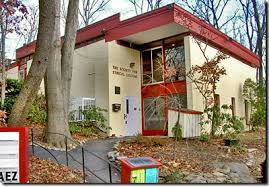| Biology - |
|
|
| Ecology - | The branch of biology dealing with the relations and interactions between organisms and their environment, including other organisms. | |
| Ecological - | Characterized by the interdependence of living organisms in an environment. | |
| Human Ecology -
|
The study of the detrimental effects of modern civilization on the environment, with a view toward prevention or reversal through conservation. |
PROBLEM |
SOLUTION | |||||
|
|
|||||
|
|
|
|
|
|
|
|
|
|
|
|
|
|
|
|
|
|
|
|
|
|
|
|
|
|
|
|
|
|
|
|
|
|
|
|
|
|


